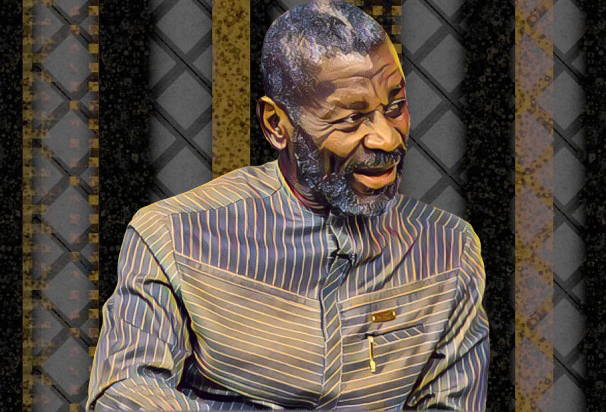Kofi Amoabeng, the former Chief Executive Officer (CEO) of UT Bank and UT Holdings, has made headlines with his recent political stance, announcing his support for John Dramani Mahama and the National Democratic Congress (NDC) in the highly anticipated 2024 presidential elections. This marks a significant shift for Amoabeng, who has previously been associated with the New Patriotic Party (NPP), the current governing party of Ghana.
In an illuminating interview on Kofi TV, Amoabeng shared insights into his decision-making process, revealing that his observations of the NPP’s governance since their ascent to power in 2016 have led him to reconsider his political affiliations. Despite familial ties to the NPP—highlighted by his sister’s role as an MP and Deputy Minister for Education—Amoabeng disclosed a deeper personal connection to the NDC, noting that his “genuine friends” reside within the party.
Amoabeng’s critique of the NPP’s performance over the last seven years is rooted in a sense of disappointment. He lamented the party’s failure to live up to his expectations and expressed a desire for a change in leadership, positioning former President Mahama as the figure capable of steering Ghana towards a more prosperous future. “I think we made the wrong experiment, and next time I have to make the right choice,” he stated, underscoring his commitment to support Mahama’s bid for a second term in office.
This is not the first time Amoabeng has voiced his endorsement for Mahama. Earlier in January, he advocated for Mahama’s return to the presidency during an interview with Starr FM, arguing that Ghana has yet to explore the potential benefits of reinstating a former president. “We have tried military coups, democracies, parliamentary types, and presidential types, and I think the only thing we haven’t tried is somebody who has been President before,” Amoabeng explained, signaling his belief in Mahama’s capacity to navigate the challenges of governance with the benefit of prior experience.
The backdrop to Amoabeng’s political pivot is the controversial collapse of UT Bank in 2017, a casualty of the financial sector clean-up initiated by the Bank of Ghana. UT Bank, known for its dynamic support of Ghanaian businesses by offering expedited loan services, faced allegations of poor corporate governance, among other issues, leading to the revocation of its license. Amoabeng has since attributed the downfall of his bank to political motivations under the current government, adding a personal dimension to his critique of the NPP’s governance.
Amoabeng’s public endorsement of Mahama and the NDC reflects a confluence of personal conviction, political analysis, and perhaps a measure of retribution for perceived injustices. His decision to back Mahama is emblematic of the broader political currents in Ghana, where loyalty and ideology often intersect with personal experiences and affiliations.
As the 2024 presidential election draws nearer, Amoabeng’s stance adds an intriguing layer to the political discourse, highlighting the fluid nature of political alliances and the impact of governance on individual and corporate fortunes. His support for Mahama signifies a call for leadership that can reconcile past experiences with future ambitions, steering Ghana towards a path of recovery and growth.
Amoabeng’s journey from a banking executive to a vocal political advocate underscores the interconnectedness of business and politics in Ghana, and his endorsement of Mahama serves as a poignant reminder of the stakes involved in the upcoming elections. As Ghanaians prepare to cast their votes, the narratives of individuals like Amoabeng will undoubtedly play a role in shaping the political landscape, underscoring the importance of leadership, governance, and the relentless pursuit of national progress.
Source: Graphic Online





2 comments
I don’t think the title of your article matches the content lol. Just kidding, mainly because I had some doubts after reading the article. https://accounts.binance.info/zh-TC/register?ref=DCKLL1YD
Slot tại Slot365 – Cổng game slot trực tuyến uy tín có giao diện responsive – co giãn đẹp mắt trên mọi kích thước màn hình. TONY02-25O